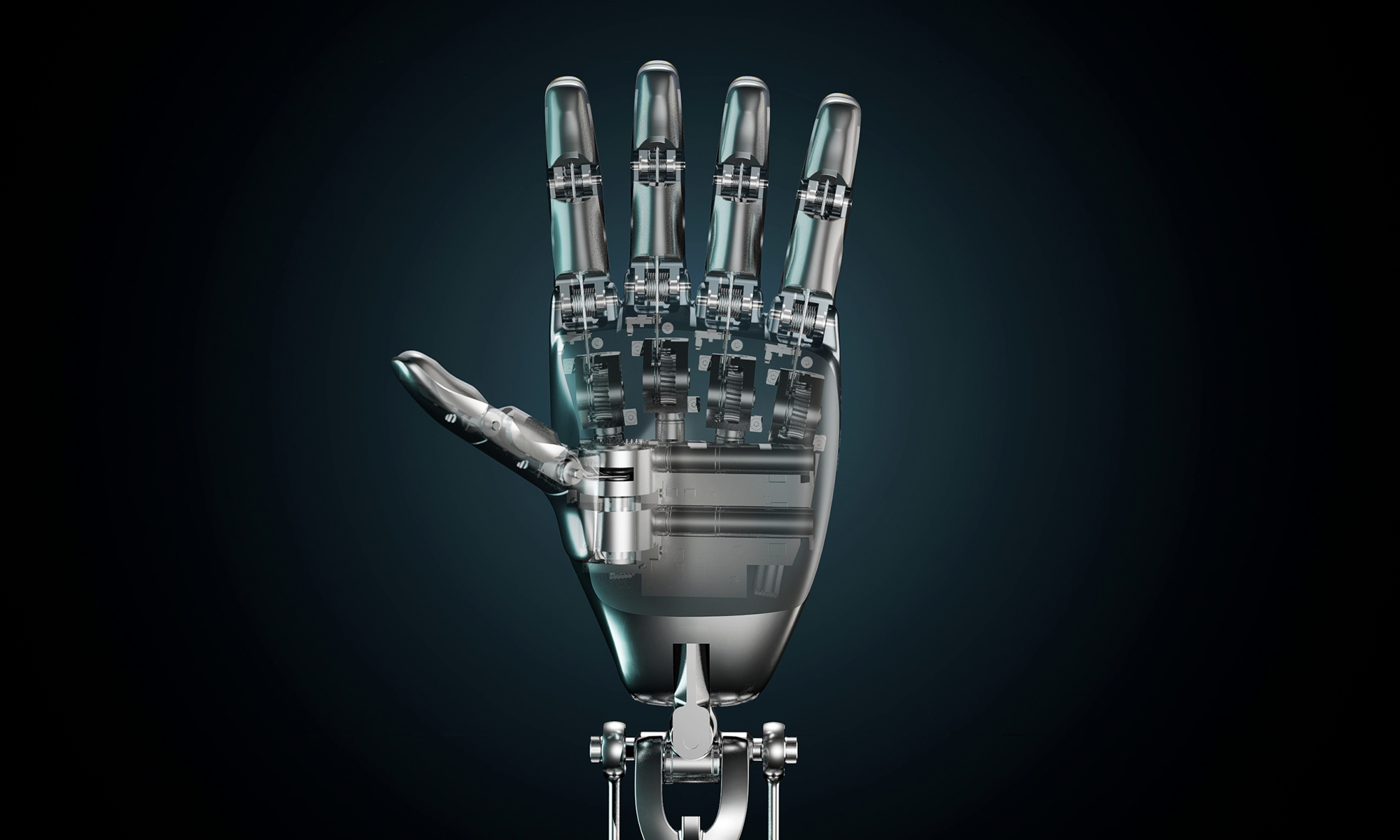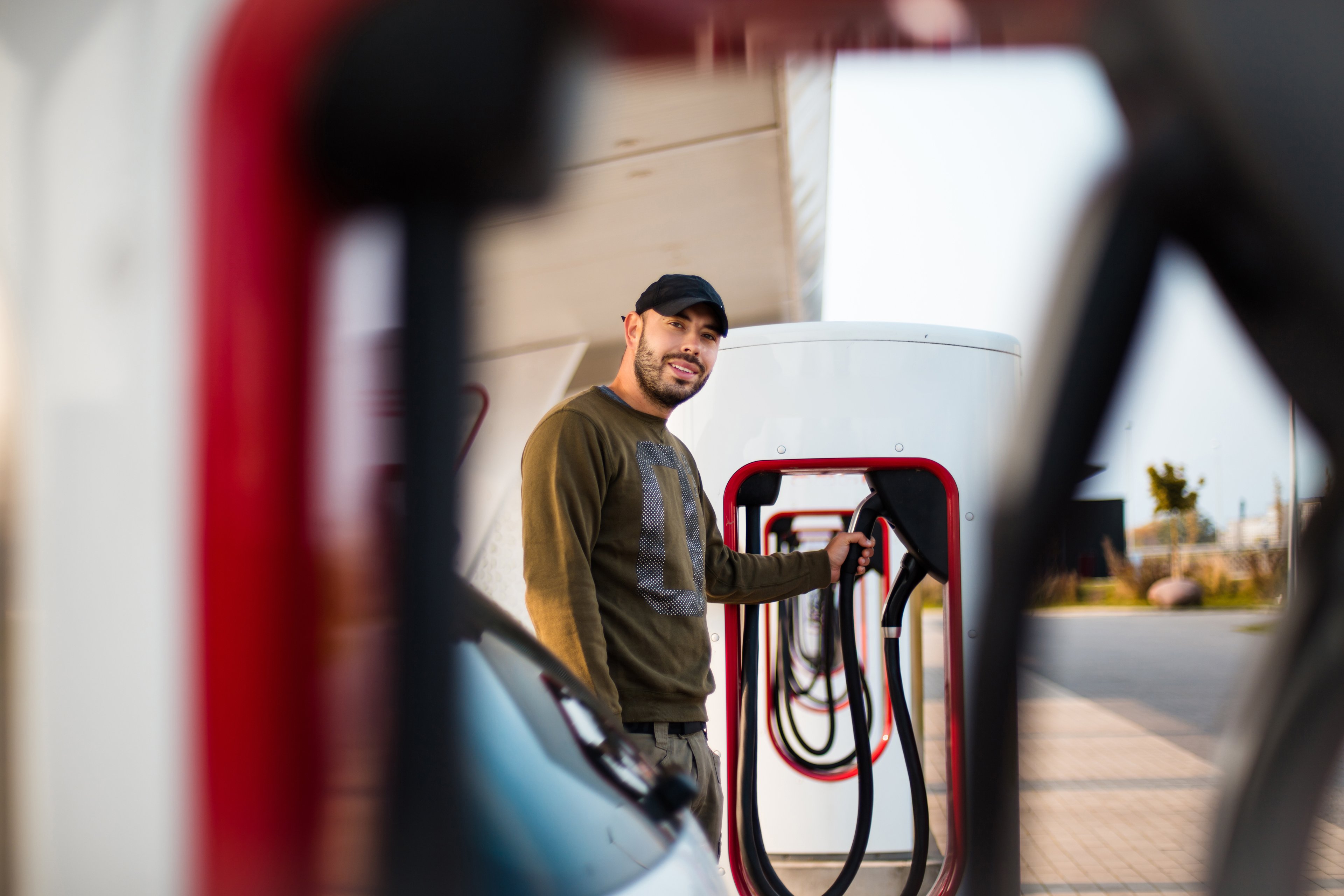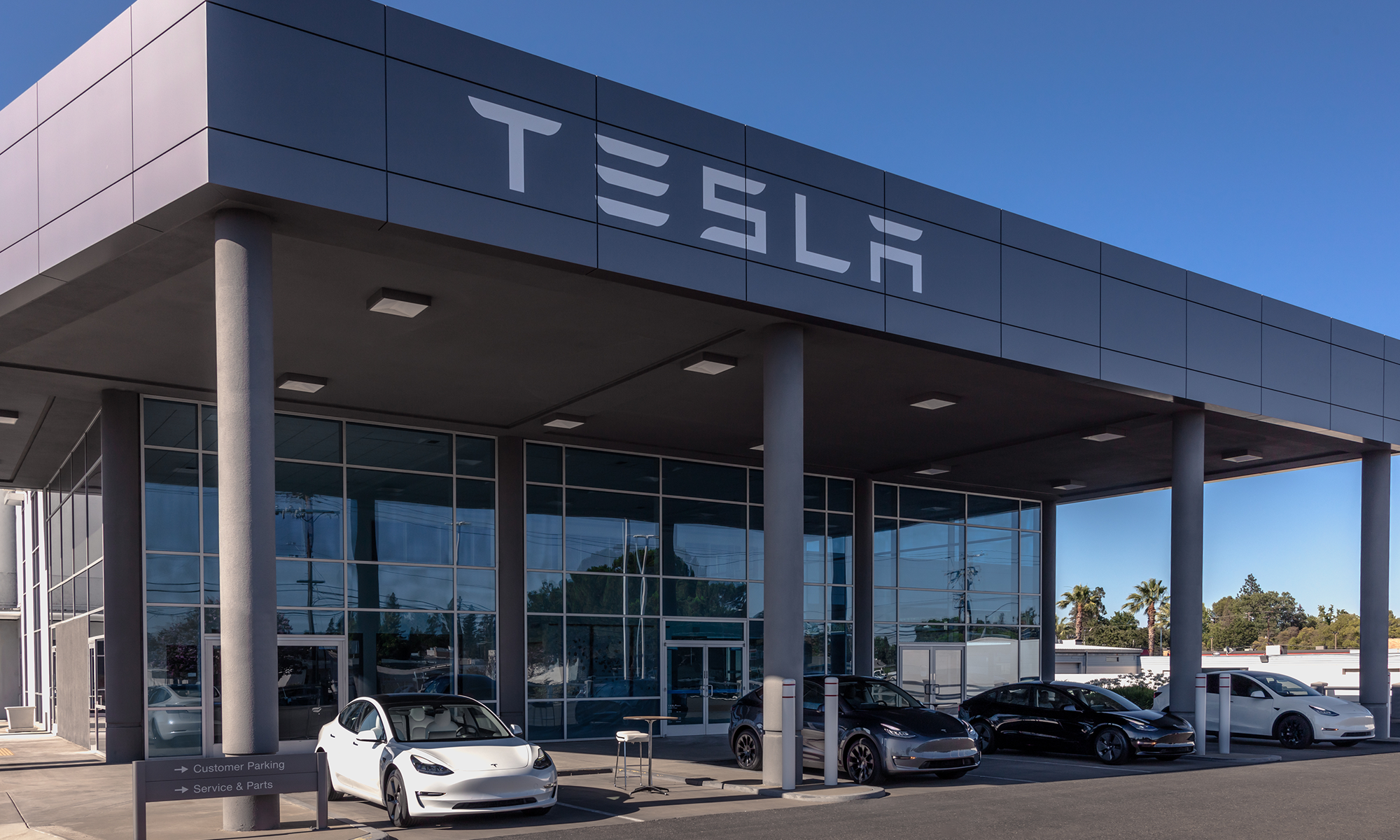More and more states appear to be protecting their auto dealers by banning the direct sale of automobiles to consumers. Of course, this has the most affect on Tesla Motors (TSLA +4.15%), the automaker who only sells directly to consumers and has no dealerships.
While on a state-by-state basis, it may not seem like a big deal to hear that New Jersey or Missouri is banning direct auto sales, it may be quite damaging if other states follow in rapid succession.
Here is great graphic put together by MojoMotors:

Source: MojoMotors
MojoMotors CEO Paul Nadjarian elaborated on the situation, explaining that "in many states, Tesla has service centers, superchargers, and showrooms, but they can't sell cars according to state law. Sales people in the Tesla showrooms can't even discuss prices."
So what implications does a direct-sales ban have on Tesla?
There's two ways to look at this, in my opinion:
- Consumers who want to buy a Tesla, will ultimately find a way to buy a Tesla, regardless of a ban.
- Sales will slump significantly if more and more states begin banning direct auto sales.
There's no reason that both of those things cannot occur, just at different times. I think that in the short term, the second point matters very little, as demand for Tesla's Model S is extremely high. Currently, Tesla's sales, volume-wise, are too small to be dramatically effected by the state bans, with only 6,457 vehicles delivered in its latest earnings quarter.
Also, if you go to the company's website today to order a new Model S, don't expect the delivery until late September. This demonstrates that demand for the vehicle is still extremely high and in the short term should be unaffected by any state ban.
However, the second point above seems as though it could have some merit in the longer term, perhaps when prices for a Tesla vehicle come down, and the broader public begins to become more interested in the all-electric automaker.

Source: Tesla Motors
What about consumers' thoughts and wants?
Many have been arguing that it's not fair for states to ban direct auto sales, since it is preventing consumers from buying the car of their choice. Many feel as though they should be able to buy any car they'd like, from any automaker.
While in theory this true, those who support the ban will argue that it's in place in order to protect the consumer. When cars break down or are recalled, a dealership will need to assist customers in having their vehicle fixed, and as we have discussed, Tesla has no dealerships.
I'm of the personal opinion that this ban is not necessary. Tesla has service centers and could easily expand its coverage to remedy such problems, without having to open up dealerships in every state for every location it plans to sell its cars.
I think the ban is more of a political battle than anything else. The dealerships for big automakers -- think General Motors, Ford, Fiat Chrysler, and Toyota Motors, to name a few -- have a lot of leverage.
Ultimately, I think, the consumer will get access to these vehicles in most, if not all states in the future. That just seems like the "American" way. Provided that Tesla can prove that it can service all of its vehicles, then I think there will likely be a deal worked out between each state and Tesla. A deal could be negotiated where Tesla will only open a certain number of galleries so long as there are certain number of service centers, or something along those lines.
So will these state bans "crush" sales of Tesla?
Right now, I don't think the state bans will hurt Tesla. That is, in the short term there is still more demand than supply, and Tesla can't produce fast enough to keep up with its orders. But in the longer term, when Tesla can keep pace with its order demand, then these state bans could weigh on its financial performance.
Meaning that, when Tesla finally reaches the production capacity to meet, or even exceed, current demand, then it will need to rely on higher sales results to fuel further growth. The problem is that, if these state bans are still in place, and the number of states banning direct sales increases over time, then there will potentially be fewer buyers interested, aware of, or able to purchase new Tesla vehicles.
CEO Elon Musk seems more than willing to fight this "mafia version" ban, possibly even at the federal level. Even so, I just can't picture American consumers being told they can't buy something that they want -- especially with the type of reviews and safety ratings the Model S has -- because the governing bodies are trying to protect them.
As much legal muscle as this country's dealerships may be able to flex, I just don't see this ban being upheld without providing some flexibility in favor of Tesla. Unfortunately, it is likely to get worse for the automaker before it gets better, in regards to the state bans. Tesla will likely have to increase the number of service centers to an acceptable number, and if it does, I see no reason why direct sales bans should hold up.









